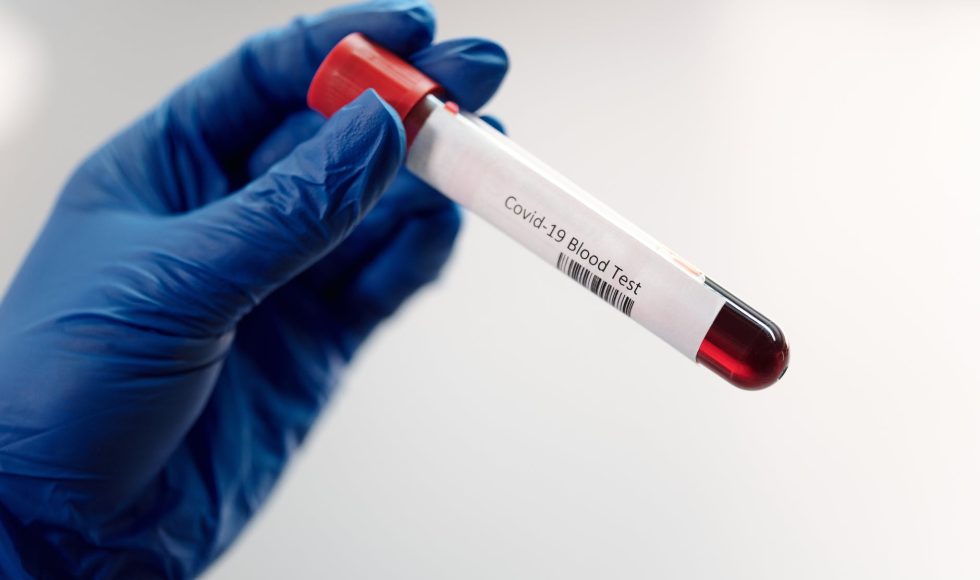Concetta Dipace is a Technical Services Manager with Oxford Nanopore Technologies and presented at the London Calling 2022 a masterclass introduction entitled “Getting started with nanopore sequencing and planning your experiment.” This session was similar in title to one from the Nanopore Community Meeting 2022, though there is always something new to learn in these […]
Tomasz Dobrzycki, a Technical Applications Scientist from Oxford Nanopore, presented at London Calling 2022 a masterclass on “Preparation: selecting the right library prep method for your experiment.” This is the second session I watch featuring Dobrzycki. This session began with the benefits of nanopore sequencing: real-time information-rich data. Oxford Nanopore Technologies (ONT) offers several options […]
I finished the Nanopore Community Meeting 2022 videos and started the 2022 London Calling series. Bryant Catano is a Technical Applications Specialist with Oxford Nanopore Technologies. Catano is based at the New York offices. Their session was a masterclass on “Choosing the right nanopore sequencing device for your needs.” Catano spoke about the throughput of […]
To end the series of YouTube videos from the Nanopore Community Meeting 2022, I watched the one hour session. Rosemary started by speaking about the vision of sequencing everywhere and the technology. They spoke about supporting R9 chemistry until the end of 2023. Kit 12 was discontinued. Kit 14 will be the one used used […]
Danny E. Miller from the University of Washington presented at the Nanopore Community Meeting 2022 a twenty-minute session entitled “Long-read sequencing resolves complex structural variants and identifies missing pathogenic variants in unsolved homphilia cases.” Miller spoke about the “diagnostic odyssey” for patients with genetic diseases and that “a traditional genetic workup is diagnostic in less […]
The next Nanopore Community Meeting 2022 session I watched was a longer: 27 min. “Finding the needle: haplotype-resolved discovery and annotation of clinically relevant genetic and epigenetic variants using whole-genome nanopore sequencing” was presented by Sissel Juul and Phillipp Rescheneder, both from Oxford Nanopore Technologies. Juul described the work of their team to sequence genomes […]
Billy Lau from Stanford University School of Medicine spoke at the Nanopore Community Meeting 2022. Lau’s 20-minute session was entitled “Single molecule methylation profiles of cell-free DNA in cancer with nanopore sequencing.” The study had the goal of exploring the “potential utility of nanopore sequencing for assessing cancer in cfDNA.” Lau explained that the conventional […]
Telomere-to-telomere assembly has been coming up in Nanopore Community Meeting 2022 sessions frequently. The session I watched tonight had it in the title: “Expanding studies of global genomic diversity with complete, telomere-to-telomere assembly of diploid genomes” presented by Karen Miga from the University of California, Santa Cruz. Miga shared information about the release of the […]
Katherine Dixon from The University of British Columbia in Canada spoke at the Nanopore Community Meeting 2022 about “Clinical and functional significance of germline variation in cancer susceptibility and disease.” Dixon spoke about the complexity of factors determining cancer. Between 15-20% of cancer show familial clustering, according to Dixon. In Canada, 300,000 are estimated to […]
“Long-read sequencing resolves cryptic structural variation in individuals with syndromic intellectual disability” was the title of the presentation Griet De Clercq from Ghent University in Belgium gave at the Nanopore Community Meeting 2022. De Clercq noted that “40% of people with intellectual disability (ID) remain without genetic diagnosis” and that current diagnostic tests used in […]











